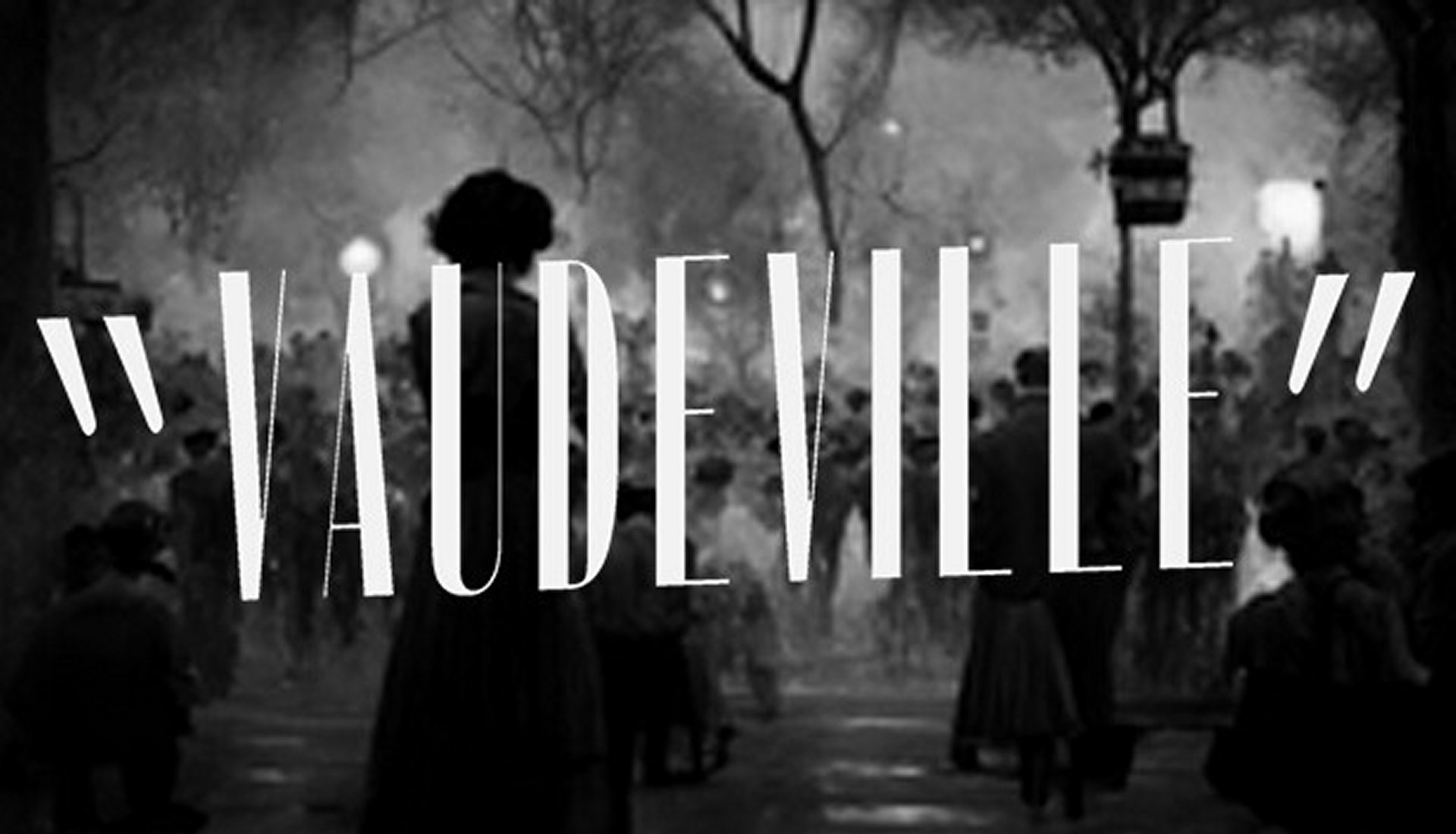Good attempt but poor execution is one way to describe Vaudeville’s ambitions at creating a solid and engaging detective game. Despite the exciting times for AI-generated content, this is a good way to show that we’re still not quite there, a few years separating players from dreaming of such a game concept and actually experiencing it in a convincing way. Vaudeville is a shallow event of chatting with robots seasoned by a murder mystery that is likely to both frustrate and unintentionally make you laugh in equal measure.
“I Don’t Feel Comfortable Talking About That”

The first thing that should be made clear is that Vaudeville offers as many investigative possibilities as a rock passes for a fluffy pillow. There are no crime scenes to investigate, analysis to be done– apart from pointing out the culprits and their motives when you feel it’s time –, no clue panel where you can connect suspects and events with that neat red string, nothing. It’s all about talking to NPCs, and some of them sound like exact copies of others,except for one Monsieur Saxabar who has the extensive vocabulary of a numb porcupine, to say the least. “No” seems to be one of the five words he knows.
To some extent, Monsieur Saxabar is on to a good thing here, as most characters are prone to incessantly ramble about anything and everything you put on the table. Most of them get all philosophical and when you hope they uttered their last word, here comes another sentence filled with nothingness, so hollow you can scream into it and hear your echo. This is one of the inherent pitfalls of AI, are current use of filler that seems clever when you first discover this kind of technology, but that gets aggravating fast for its lack of substance and inability to remotely pass for a real human.

You can connect a mic to talk to the NPCs or use a text input, with varying results. The mic works reasonably well, with some odd recognition at times, but the AI does a decent job of understanding the context. However, the game naturally uses AI-generated voices as well, another step into uncanny valley but not quite, and combined with the terrible attempt at lip syncing, the result is underwhelming both in visual and aural terms. The distance from a detective game to an unintentional comedy skit is extremely short, and the game becomes little more than a playground for experimentation, to see the extent to which these creatures are capable of carrying a conversation.
Eventually, you may discover that the fixed locations where you do your interrogation can be moved around slightly, in some situations revealing other characters that are crucial to the mystery. It’s a design flaw of critical proportions, no indication whatsoever that there are surprise bystanders here and there until the moment you decide to rotate the screen by random chance.
A Bigger Mystery

With a single mystery narrative set in stone, Vaudeville doesn’t really have a strong reason to stick to AI for its detective story. Instead of offering solid clues and giving engaging identities to its crude-looking characters, it just uses a gimmick that is starting to wear thin and is clearly not suited to gaming as it stands. It can provide unintentional fun, but so does chatting directly with an AI-bot and that will be infinitely cheaper.
For the $20 price that Vaudeville is asking, you can purchase the terrific Shadows of Doubt, a true gem of a sandbox detective game with actual random mystery cases and countless options to use as you explore and interrogate the citizens of an atmospheric city. Vaudeville is the equivalent of talking to a parrot for hours expecting it to give you some valuable info on life – you may get a laugh or two out of it, but that’s not what it serves for.
Pros:
- You get some unintentional laughs out of the dialogues
Cons:
- The AI is terrible at its own game, padding conversations and boring you
- AI voices are… AI voices, meaning terribly dull
- Graphics are low-budget and uncanny
- A single mystery to solve
Rating: 3/10


